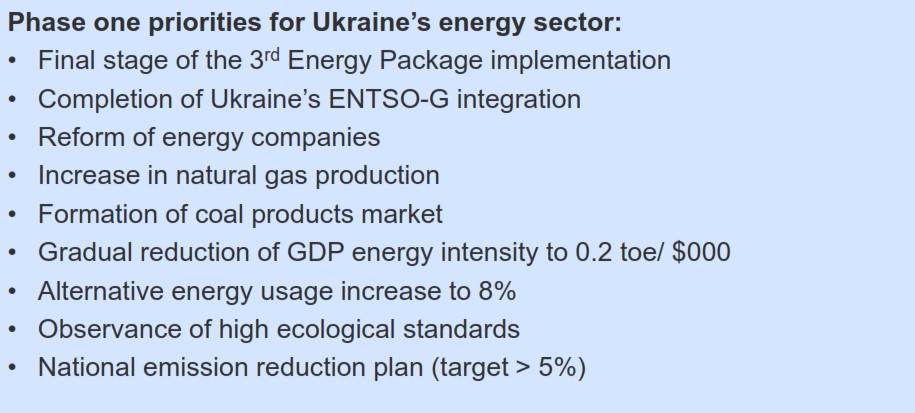Edward Lucas: How to remove obstacles to reforms in Ukraine’s energy sector
Edward Lucas as a keynote speaker of the Ukrainian Financial Forum 2018 discussed the key issues standing on way of reforms in Ukraine’s energy sector. Populism and lack of public trust will make reforms implementation difficult and painful. To remove these obstacles, careful planning, transparency, accountability and legality of reforms are really critical.

Two fundamental problems of reforms
Ukraine has already developed a positive legislative environment, which includes the law on gas and the electricity market, and top-level legal infrastructure is largely in place. There is a big battle ahead, however, with implementation. Lucas thinks, that there are two really big issues in reforming the Ukrainian energy sector: rich people and poor people.
The first issue means that some people have become enormously wealthy by extracting rent from the energy sector. It started in earnest in the ‘90s, and involved a series of schemes, some flat out illegal, and some dressed up with a superficial legality. This made the public quite rightly furious and negatively affected its confidence. So, when people hear that they are going to suffer from higher energy prices or that there will be some reforms in the energy sector, they assume someone is going to get even richer as a result. Therefore, it is imperative that Ukrainian authorities should be conscious about transparency, accountability and legality in promoting the reforms, because the reservoir of public trust has been exhausted.
Another fundamental problem is that there are poor people who cannot afford to buy heat at market rates. If rates go to a free float, there will be waves of social protests, and the population voting in favour of populists instead of reformers. So, the sector needs a subsidy regime, but, unfortunately, the subsidy regime in Ukraine turned into a tremendous source of rent seeking and arbitrage. And arbitrage meaning here price manipulation not selling energy meant to be supplied cheaply for poor people, but instead selling it to commercial customers. Because the danger of paying subsidies via utility companies is leakage, subsidies need to be as close to customers as possible. Easy to say, especially for an outside observer, but hard to put into practice.
The starting point is important
Key to successfully reforming the energy sector is that the state must create incentives that attract large investment. In particular, investors must be confident that they will earn a rate of return consistent with their level of financial commitment and risk they are assuming. There will always be critics who question why foreign companies like Siemens, Centrica, or Exxon Mobile are coming to Ukraine and walking away with billions of dollars. It is very easy to play populist by saying there are too many people in the sector making too much money. But if you adopt this point of view, you will discourage the kind of investors you want to attract.
For that reason, Ukraine should start off with what are called Big Bang investments, what everyone agrees are good ideas. Concentrate first on cutting the lowest hanging fruit. In Ukraine’s case, it could be cutting losses in the transmission network. A significant decline in such losses would give the public a very clear idea what can be accomplished in a limited amount of time. Ukrainian reformers really need highly visible, successful projects to build public support.
Getting support for generating capacity, on the other hand, will be tricky. And whatever regulatory regime you are setting up, there always will be people padding their costs, saying they are making real investments, and, therefore, they expect a certain percentage of capex to be returned.
Energy reform priorities from Edward Lucas’ presentation
